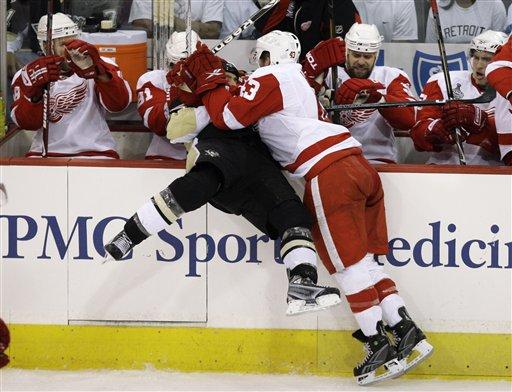We have all heard of concussions. Someone hits their head and in our culture generally we think or tell people to “shake it off”, but is that really a good idea? As a player, I know the temptation to get back on the field and make things happen. We all have seen professional players return from head injuries in a matter of days. There has been a lot of hype in the media about the dangers of concussions, but I for one, while getting the message that it could damage your brain, never really understood why. So let’s learn a little more.
What is a concussion?
Concussions are a type of traumatic brain injury that is caused by a hit to the body or head. In this collision the brain is jarred or shaken inside of the skull. This can cause confusion, dizziness, headaches, disorientation, and vision problems.[1] Depending on the severity of the concussion symptoms may seem to disappear within hours, days, weeks or months. However, even if the symptoms seem to have disappeared there still may be lingering effects in the brain.
So, “what happens to the brain when a concussion occurs?” you may be asking yourself. Concussions cause a great amount of stress on the neurons in the brain because there is an influx of calcium ions due to increased signaling as well as calcium accumulation. This accumulation can decrease the energy production in the brain by disrupting the mitochondrial process. On top of which, the concussion also causes a change in the regulation of potassium ions inside and outside the cell. Normally the concentration of potassium outside the cell is high and inside the cell is low, but when a concussion occurs the gradient changes and the potassium pumps must work extra to return it to regular levels using extra energy and creating an energy deficiency. This means that there may not be enough energy to support normal brain cell activity. The highest risk for lasting impact on the brain for concussions is while the first concussion has not fully healed. If the brain which is already working overtime to compensate for the repair from one concussion has the ion levels thrown off again, it may not have the energy to compensate for the second injury and can cause irreversible damage to the brain.
Kids and Contact Sports
Concussions have been a fairly hot topic over the last few years, especially when it comes to safety rules for athletes, young and old. Children take longer to heal from concussions and while they often wear more protective gear and don’t hit as hard as older athletes, safety is always a concern for parents, and rightly so.
A sport near and dear to my heart is hockey. We all enjoy a big check. It’s part of what makes the game unique and exciting, but it also brings one of the biggest health risks of the game, especially in terms of concussions.

There has been talk of not allowing checking in any level before high school hockey. For safety reasons, knowing that younger brains do not cope as well with concussive injuries, this in a way makes sense. On the other hand, if there is no checking before high school, freshmen are going to be thrown into a situation that they are not prepared for. In my opinion, wouldn’t it make more sense to teach checking, safe checking, at a young age before they hit as hard? Could this prevent some of the checking mishaps? Or do we just not allow freshmen to play varsity hockey for a while until they learn the checking game? Because a kid who may have the agility, stick- and foot-work ability of a varsity level will not be adequately prepared without the experience with the checking game.
It also begs the question whether or not kids should participate in contact sports at all. But sports provide exercise, energy release, and social opportunities that are important for physical and social growth.
In the US body checking has already been taken out of game play at the Pee Wee level. They do, however, teach checking in practices, where there is a much lower incidence of injury.
However, if there is a level playing field (in that all players would start checking at the same time), then the players would all be in the same boat and, more likely, more of the same size as the greater growing spurts would be more complete.
We do not let children drive at age 11, yet they seem to have no difficulty learning how to drive at a later age. Are we not severely short changing our youth by suggesting that they cannot learn this body checking skill when they are older and more developed?
Delaying body checking allows players the opportunity to become stronger. It also allows their brain development to be more complete and, therefore, less at risk of suffering concussions.
Thanks for the article. It’s good to be a part of the conversation.
See our facebook page (https://www.facebook.com/SaferHockey).
Thanks for the information, Theresa!